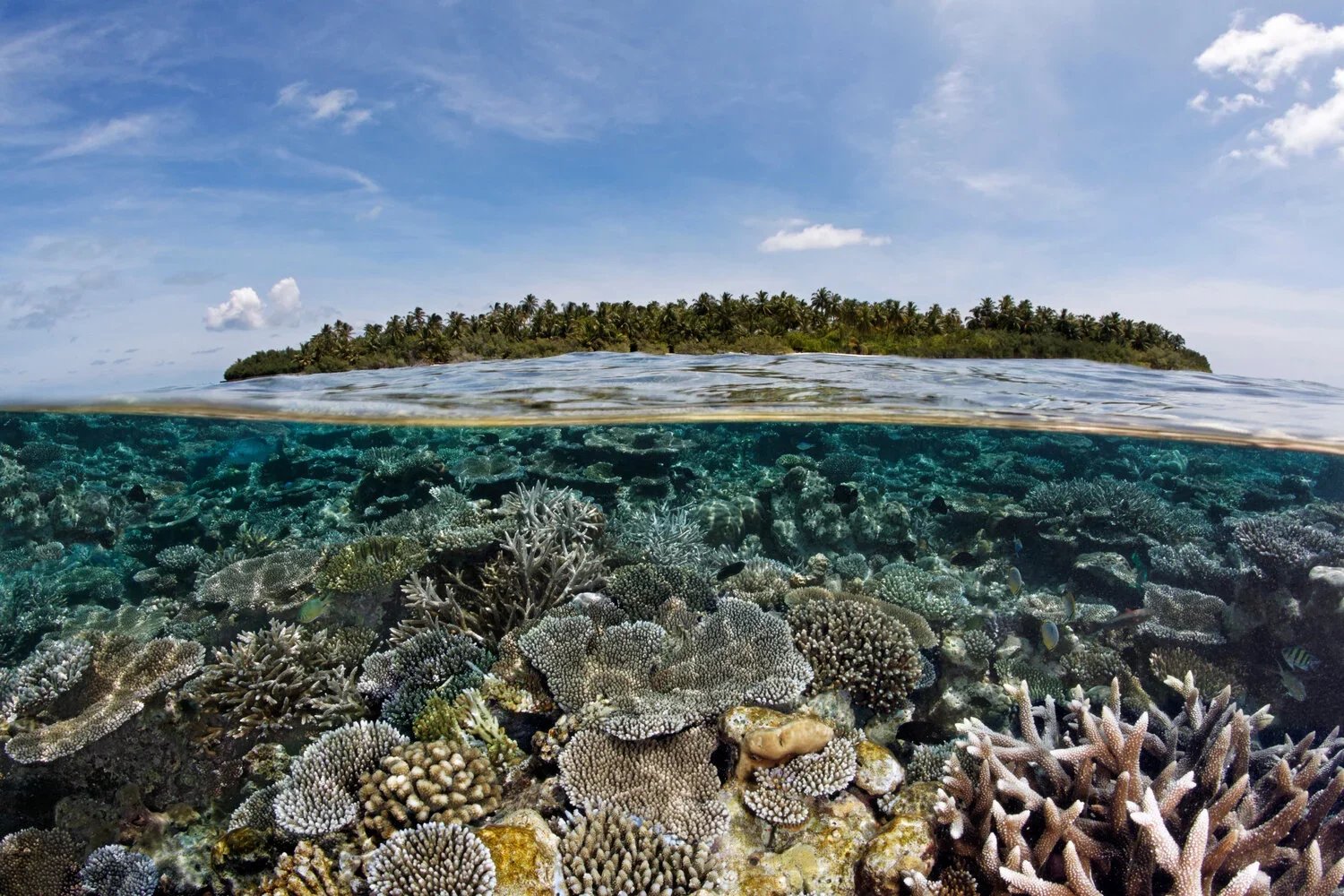The Many Faces of Luxury in the Maldives
Long known as the epitome of barefoot luxury, the Maldives continues to attract travellers seeking calm, beauty, and escape. Yet the meaning of luxury here is changing. Increasingly, it is being redefined through sustainability, conservation, and a commitment to preserving the islands’ fragile ecosystems.
Protecting a Unique Marine Environment
The Maldives is home to more than 1,100 islands and one of the most diverse coral reef systems on Earth. In the UNESCO Biosphere Reserve of Baa Atoll, visitors can observe reef manta rays feeding in Hanifaru Bay — one of the world’s most important aggregation sites for these endangered creatures. Strict regulations limit access: boats are prohibited within the bay, and snorkellers are briefed to maintain distance and respect the animals’ natural behaviour.
These measures are part of a wider effort to balance tourism with conservation. Marine biologists employed by local resorts work closely with rangers and environmental organisations to monitor biodiversity, lead guest education, and coordinate conservation projects that protect these sensitive habitats.
From Voluntourism to Regenerative Travel
Many resorts in the Maldives are now offering travellers opportunities to contribute directly to environmental protection. Coral restoration programmes invite guests to assist with the propagation of coral fragments, helping to rehabilitate areas damaged by bleaching events. Plastic collection initiatives allow visitors to participate in beach and ocean clean-ups, with waste later repurposed through partnerships with local non-profits.
These activities offer a meaningful alternative to the traditional “fly-and-flop” holiday. They provide insight into the challenges faced by small island nations on the front line of climate change, and enable travellers to leave a positive legacy behind.
A Shift Towards Responsible Luxury
While the Maldives continues to deliver high standards of comfort, service, and design, there is a growing awareness that true luxury now extends beyond the physical experience. The integration of sustainability into daily operations — from renewable energy use to bans on single-use plastics — is shaping a new kind of hospitality model.
Resorts such as those within Baa Atoll are demonstrating that environmental responsibility can sit comfortably alongside exclusivity. In fact, for a growing number of visitors, it is central to the appeal.
The Future of Travel in the Maldives
The Maldives faces significant environmental pressures: rising sea levels, coral bleaching, and the ongoing issue of marine plastics carried by ocean currents. Yet its tourism sector has a unique opportunity to lead by example. By engaging guests in local conservation work, investing in renewable infrastructure, and supporting marine research, the islands can continue to thrive as both a world-class destination and a global model for sustainable island tourism.
For travellers, the message is clear. The most rewarding experiences in the Maldives come not only from the tranquillity of its beaches or the comfort of its villas, but from the knowledge that your presence supports its protection. Luxury here is no longer just about what you take from the experience — it’s about what you help to preserve.
